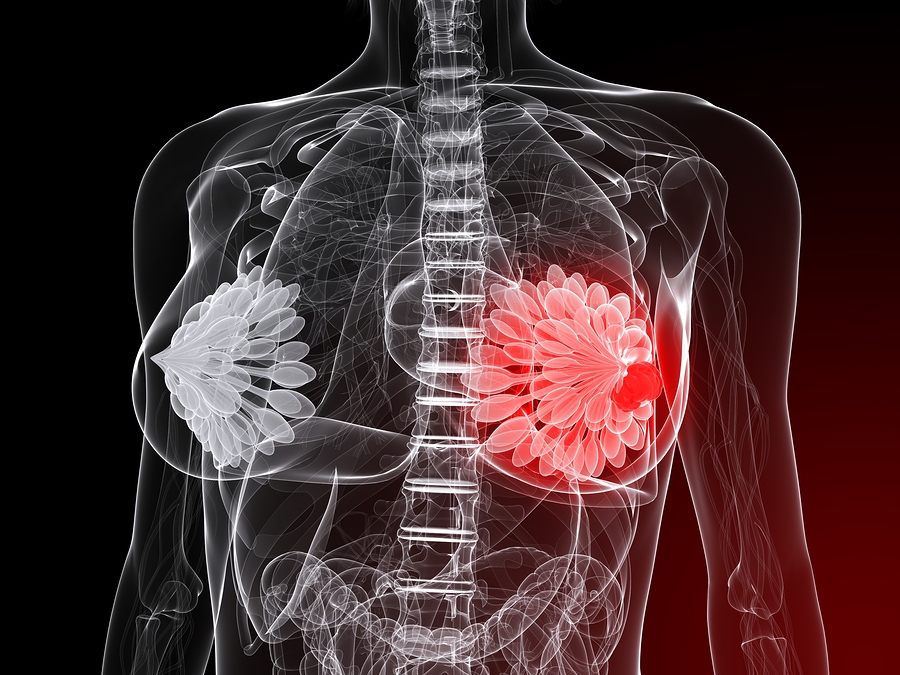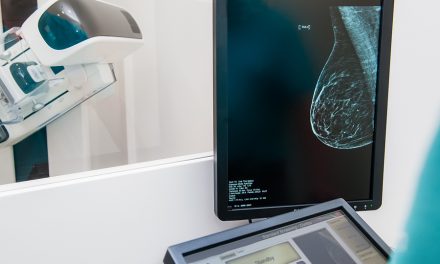A new study published in the journal Annals of Internal Medicine found that compared with women who have never had children, women who have given birth may have an increased breast cancer risk that continues for up to 23 years after their most recent birth. However, experts warn that this shouldn’t cause women to worry or stop having children because the risk is small. (The study was conducted in women younger than 55 and breast cancer risk tends to be low in that population of women.)
RELATED STORY:
The WHO reports that every year, breast cancer causes the greatest number of cancer-related deaths among women; this year, that number was estimated to be around 627,000 women, worldwide. (In the United States, breast cancer is the most common cancer in women.)
RELATED STORY:
Hazel Nichols, assistant professor of epidemiology at the University of North Carolina at Chapel Hill’s Gillings School of Global Public Health and first author of the study said, “What we saw was this pattern where risk was highest about five years after birth, and then it gradually declined as time went on.” 1(After those initial 23 years, having children seems to be protective against breast cancer.) She went on to say, “If we took the women in our study and started following them around age 40, for example, and over the next 10 years by about age 50, we would have had about 2.2% of women develop breast cancer in the group that had had a recent child, and we would have had about 1.9% in the women who had not had any children. These are very small differences in the absolute measure, but they’re still important because they are in the opposite direction of what we know about these risk factors in older women.”2
Pregnancy and cancer
For the new study, data on 889,944 women younger than 55 was collected (from 15 international studies previously conducted in a research project called the Premenopausal Breast Cancer Collaborative Group) and none of the women had breast cancer when they were enrolled in the studies.
What the data showed was…
Factors tied to a lower risk of developing breast cancer later in life:3
- having your first full-term pregnancy at an early age (younger than 20)
- having more than one birth
- having a history of preeclampsia
- and breastfeeding over a longer period of time
Factors associated with a higher breast cancer risk:4
- first full-term pregnancy at an older age (older than 30)
- having given birth recently, within about 10 years
- and having taken diethylstilbestrol, a synthetic form of estrogen, during pregnancy
However, the study wasn’t able to discover the biological mechanisms behind the link between breast cancer risk and childbirth, although Nichols had some ideas:
“What could be happening is that pregnancy is a time when there is rapid development of the breast tissue, and the cells in the breast are rapidly dividing, and we know that when tissue is expanding quickly that there’s more potential for an error to occur within a cell or an error that’s already there in the cell to have multiple copies made of it.
So we don’t think it’s actually anything about pregnancy that’s causing breast cancer. We think that it’s possible that this rapid expansion of the breast tissue might make it easier for cancer cells to either grow or be started.”5
But more study on that is needed.
Again, women shouldn’t be afraid but aware of the small risk (especially if the first time mom is older, has had several pregnancies or has a family history of breast cancer).
RELATED STORY:
And all women should strive to pursue healthy lifestyles like, “exercise and limiting alcohol intake, that reduce risk for breast cancer.”6 But I’d add eating a healthy diet, cutting down on the use of underwire bras and not getting mammograms. (Although I’m not a doctor, that’s my two cents.)
SOURCE:











